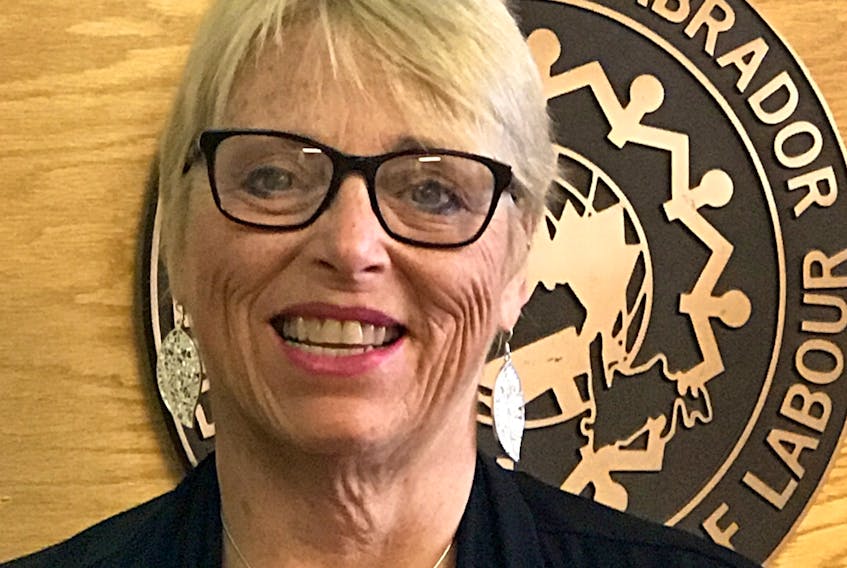I am compelled to respond to your guest column by Vaughn Hammond of the Canadian Federation of Business (CFIB) demanding we tear down the workers’ compensation system (The Telegram, Oct. 22, page B1).
Hammond argues that while there is a statutory review of Workers Compensation planned for 2019, the previous 2013 review simply gathered “dust.” Hammond further argues that “labour groups” were successful in advocating for an increase in the income replacement rate for injured workers, from 80 to 85 per cent of net income. The consequence of these actions, according to Hammond, is a system that needs tearing down.
What Hammond seems to have forgotten, is that this increase in the income replacement rate was recommended in the 2013 statutory review. Let’s be clear what this increase means. Where previously an injured worker would see their income drop by 20 per cent, now the worker’s income will drop by 15 per cent.
Under the current system the maximum earnings insured by workers’ compensation is $64, 375. This means if you earned $80,000 prior to your injury for example, you will be assessed at 85 per cent of $64,375. In short, you are penalized for earning too much according to workers’ compensation. A survey of these earnings across Canada show that N.L. is actually the 6th lowest, significantly lower than Manitoba ($127,000), Alberta ($98,000), Ontario ($90,000) and Saskatchewan ($82,627).
What Hammond fails to mention is our province had the lowest income replacement rate across Canada. In fact, six jurisdictions have an income replacement rate of 90 per cent. And yes, the N.L. Federation of Labour will use the 2019 statutory review to advocate that our province stop penalizing workers for a workplace injury, and increase the income replacement to 90 per cent and address the maximum earnings cap as well.
While I agree the Workers Compensation System needs improvements to injured workers’ benefits, and to ensuring workers health and safety, I certainly do not agree at all with Hammond’s outrageous suggestion that putting more money back in the pockets of business is the solution. Here too, it is curious that Hammond does not mention that employer assessment rates have already dropped 30 per cent over the past five years. Finally, after five years, injured workers see a small increase while employers’ savings total 30 per cent.
Hammond mentions the Meredith Principles as the basis of workers’ compensation, yet forgets that Judge Meredith spoke out against “half-measures that only lessen but not remove an injustice” to injured workers. Even WorkplaceNL’s 2017 Annual Report speaks to the need for significant improvements: “Despite the gains, an average of 13 workers have a work-related injury every day in Newfoundland and Labrador, and a workplace fatality occurs, on average, every 15 days either due to a traumatic event or occupational disease.”
One place Hammond could look for savings is with the WorkplaceNL PRIME program that has returned over $147 million in refunds to employers since 2005. We believe that this program lacks transparency.
If the goal for Hammond and the CFIB is to ultimately save money, then they should engage workers in discussions about all occupational health and safety issues, including policies and prevention.
Hammond states that “Everyone involved in the workers’ compensation system has a role to play in making sure it works well. But it seems the onus is always on the employer.”
And we say, who but the employer can be ultimately responsible for ensuring their workplaces are healthy and safe, and that workers can return home healthy and safe to their families at the end of their day. They deserve no less.
Mary Shortall is president of the Newfoundland and Labrador Federation of Labour.









